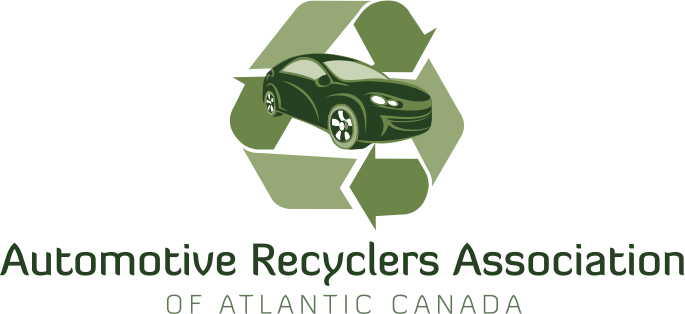I often get asked what auto recyclers do. Essentially, our Members acquire end-of-life vehicles and sell used automotive parts. Yet there are still misconceptions among the public as to the nature of our business and that sometimes relates to branding as well as the history of the business. Frequently, we see auto recycling businesses labeled as junk yards, scrap yards, wrecking yards, but more commonly now – automotive parts suppliers.
Generational terminology
Often, terminology boils down to a generational thing, or related to the age of the business itself. If a business was originally established as Bob’s Junkyard, it might have specialized in all kinds of cast-off items—everything from scrap cars and trucks—to white goods, rags and paper. Over time, that business might have evolved to become Bob’s Auto Junkyard or Bob’s Auto Wreckers. In today’s environment, depending on how long the business has been operational and how well established it is, changing the name might not make economic sense, since it would be cost prohibitive to do so, with little advantage for the business and its customers.
On the flipside, if the business isn’t well-known and people don’t understand what it does, trying to get people to comprehend what role the business provides in the community without an effective communication and branding strategy can be a challenge. If it buys end-of-life vehicles, dismantles them, resells the salvageable parts and responsibly disposes of the hulks, it is for all intents and purposes considered an automotive recycling facility.
The trouble is, when most people think of recycling, they think about what goes into the Blue Box and gets sent off to the landfill, not a business that sells used parts.
Today’s modern auto recycling facilities are a far cry from the auto wrecking yards of the 1960s and 1970s. Parts and vehicles are specifically categorized and labeled, with advanced systems and processes allowing both the business and its customers to quickly find and track specific parts. They consume and produce massive amounts of data. And, yet the stigmas persist.
Categorizing the membership
I recently did an analysis of our Ontario membership, breaking it down by name categories. Out of the findings, 33% labeled themselves as auto recyclers, 25% were labeled as parts suppliers, 18% as wrecking facilities, 8% were U-pull locations and 2% salvage facilities with 14% labeled as miscellaneous (ie auto centre, auto solutions, auto services).
When we see turnover, such as somebody new emerging or acquiring an existing business, even if it was called ABC Auto Wreckers before, chances are they will change the name, with most recent trends pointing toward something like ABC Auto Parts, since that is essentially what we as an industry, provide.
While names of auto recycling businesses can sometimes be misleading, especially if it’s an historical name that’s just too costly to re-brand, what’s more critical is the community profile of that business.
This helps determine exactly what the core activities are and how they can relate to other businesses and stakeholders, including insurers and collision repair facilities that are key customers for many auto recyclers. It also provides significant benefits when building relationships or attracting new business.
Ultimately it is up to the individual operations to ensure their branding and marketing is effective and reflects what they do. And while auto recycling is still considered the general term for our industry, there is a noticeable shift toward emphasizing the “auto parts” side of things—a trend that is likely to continue, given it more accurately reflects what our business essentially is.
Article first appeared in Autosphere Mag October 2023
The post What’s in a Name? Tackling misconceptions regarding our industry. appeared first on Automotive Recyclers of Canada.
